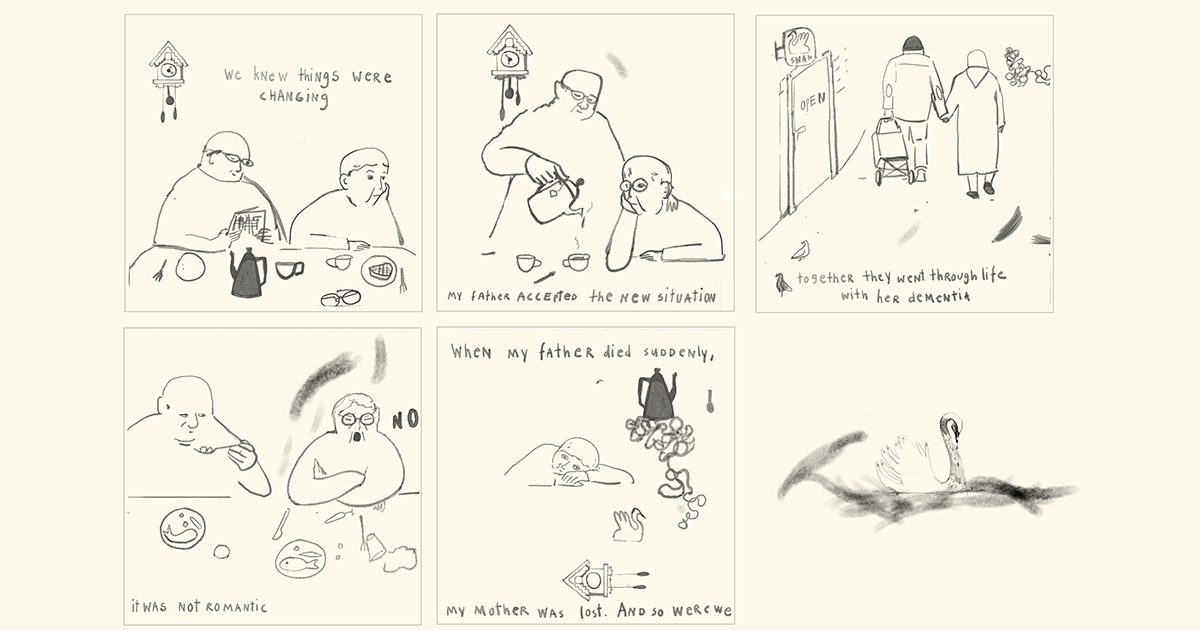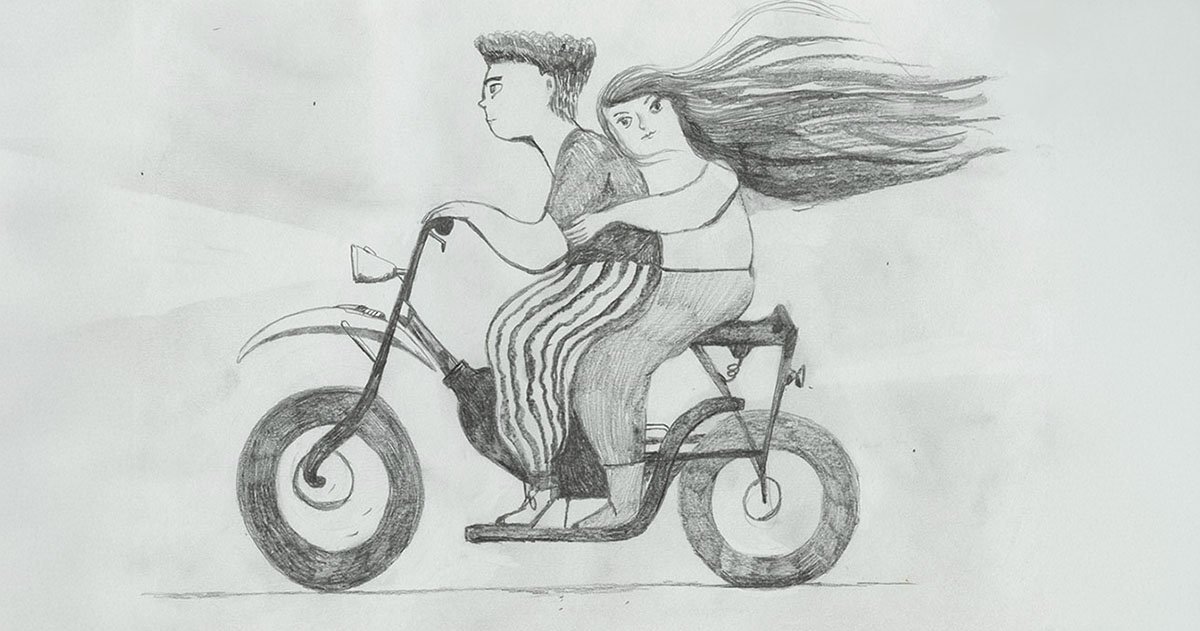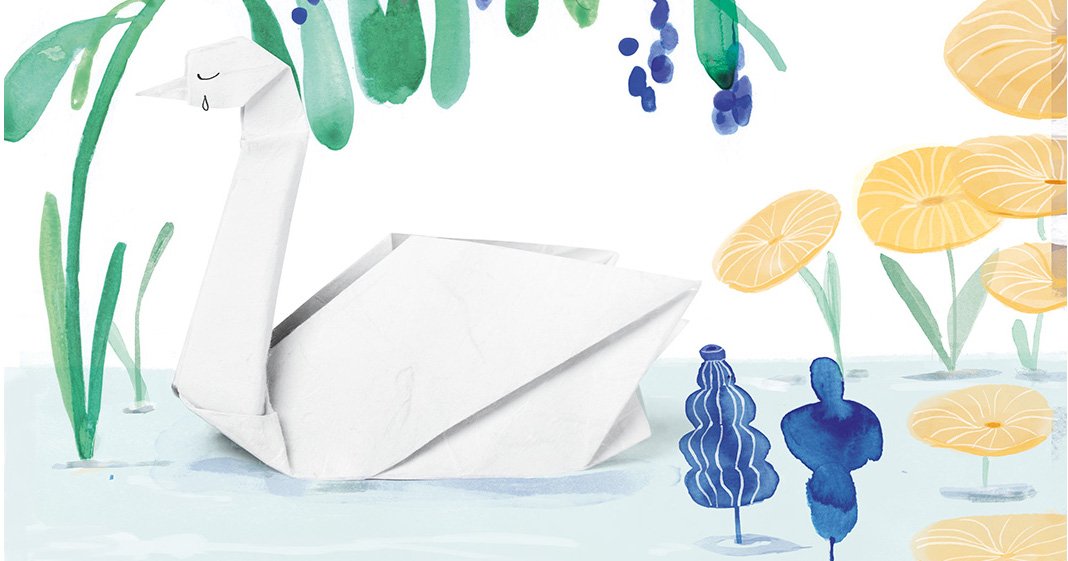The past few years haven’t been easy. Not for my mother, and not for us. She had dementia — a relentless disease that slowly takes everything away. And then, three and a half years ago, my father passed away unexpectedly. He had given everything to take care of her. Maybe he had forgotten himself in the process.
After his passing, we did our best to care for her in her apartment in Venlo. We called ourselves “Team Liel”: my younger brother (the captain), my sister, my nephew, niece, aunt, and one of my mother’s loyal friends. I was there three days and two nights a week.
It was a tough time. But also a special one.
We managed her care with a patchwork of family and friends: people took turns sleeping over, having breakfast with her, helping her get ready for the care taxi, coordinating with in-home aides and day care. My mother, who had barely left the house for years, now had to go out almost every day. Suddenly, so many people had keys to her home. They rummaged through her fridge, did her laundry, made coffee.
It may sound loving and devoted — and in many ways it was — but it was also chaotic, exhausting, and sometimes painful. Dementia isn’t romantic. It’s heartbreaking.

Eventually, we made the difficult but relieving decision to find her a place in a care facility. The first one didn’t go well — a false start. I still haven’t dared to read Teun Toebes’ book VerpleegThuis about his experience living in a care home, though I’ve bought it. I hope it offers some light, because at that point, things didn’t feel good.
Thankfully, she was able to move to a different, semi-private facility. And suddenly, everyone could breathe again. There was a garden. Peace. Attention. Good food. And my mother had a spacious, personal apartment. She had her own place, and she was truly seen.
She came alive again. Gained weight. Made jokes.
I could visit her.
People often asked, “Does she still recognize you?”
But that question never felt important.
She was always happy to see me.
And I was always happy to see her.
At the end of April, she became very weak. Blood tests confirmed what we feared: she was seriously ill, and wouldn’t have long.
And then time turned to soup — both fast and slow, thick with emotion.
In the early morning of May 3rd, my mother passed away.
A nurse brought us coffee. I would never drink coffee with my mother again.

It’s so hard — how the world keeps turning without her.
We laugh again. Sit in the sun. Share stories. Make plans. Remember.
And why am I sharing this here — on what is supposed to be my professional website?
Because I find it so difficult to just “go back to normal.”
To sketch. To create. To choose colors and come up with ideas.
To share.
And I also realize: maybe I’m not the kind of entrepreneur I’m “supposed” to be.
Once again, I’ve hit pause to be with someone I love.
And now it’s hard to return, to take my creative work seriously.
It feels vain. And selfish.
But I’ll find my way back.
Thankfully, I still have some lovely orders from amazing shops that carry my cards.
And I hope interesting projects will come again.
I’ll give it my best.
My mother was proud of me —
of the path I chose.
I know that.

What brings me comfort
– Sitting in the garden, watching the birds. A pair of great tits have made a nest in one of our birdhouses.
– My family. They make me laugh, hold me close, and cook for me.
– Reading: everything from Hollie McNish. At the moment this book.
– Music: Gabriels, Michael Kiwanuka, and Stromae.
– Patreon: drawing along with Emma Carlisle and Victoria Semykina.
– Family and friends. All the sweet messages and cards.
– Drawing. I treated myself to some beautiful sketchbooks from Drawables. Just turning the pages feels like room to breathe.
– walking through the city
If you have any tips or advice, I would love to hear.

